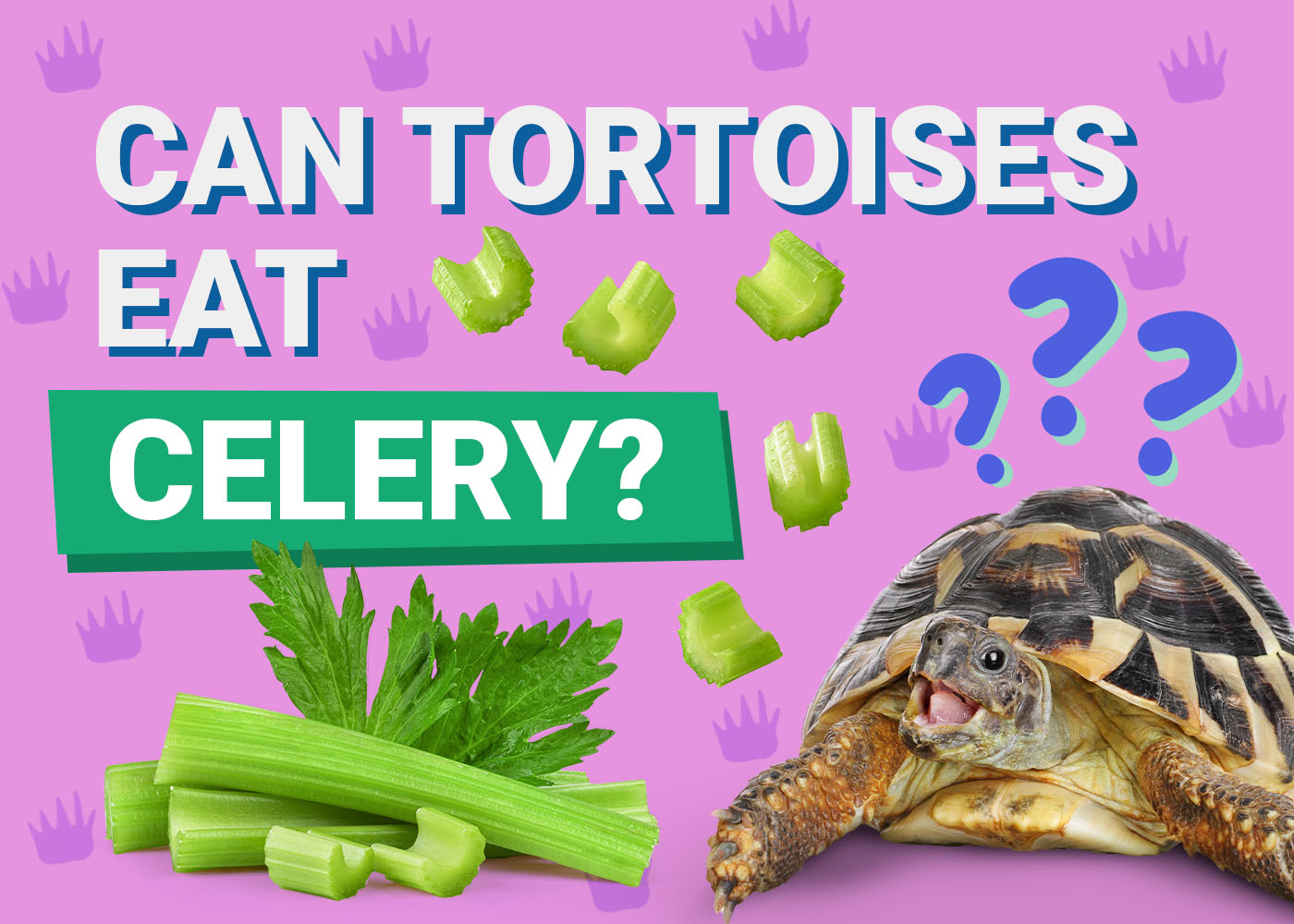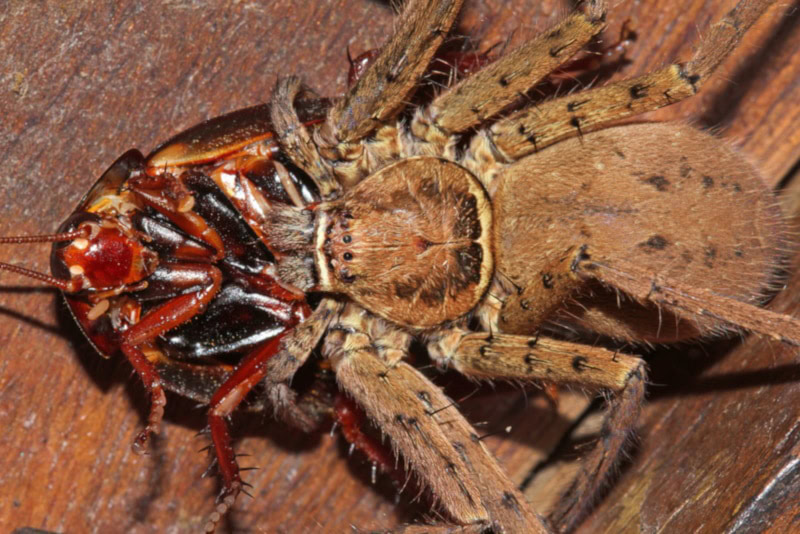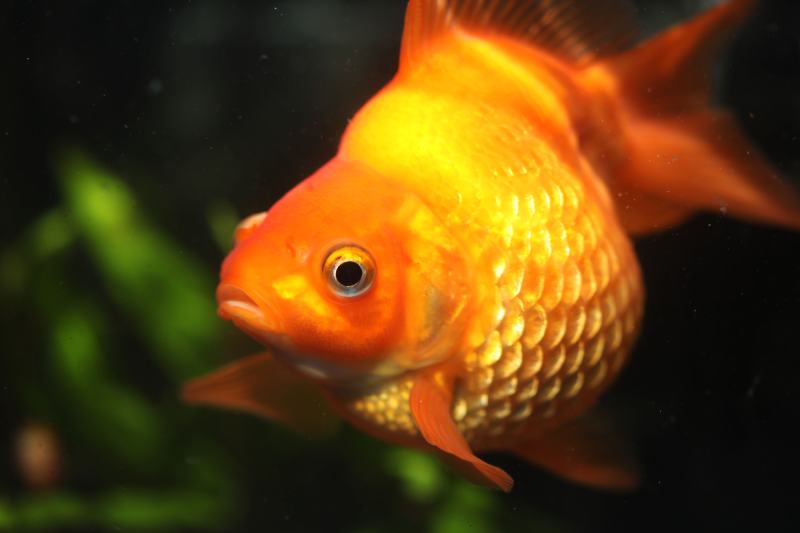VET APPROVED

The information is current and up-to-date in accordance with the latest veterinarian research.
Learn more »Click to Skip Ahead
Tortoises are popular reptilian pets with long lifespans and intricate shell patterns. They are sometimes described as the reptile versions of dogs due to their inquisitive nature and interactive personalities. When it comes to taking the best possible care of your tortoise, diet is essential. Choosing nutritional foods will result in better health for your pet.
Some tortoise owners claim that celery is a good food for them to eat, but is it? It’s true that tortoises can safely eat celery, but we don’t recommend it. There are many better things to feed your tortoise.

Is Celery Safe for Tortoises?
Celery itself is not harmful to tortoises, and they can eat it in small amounts. The main issue with celery is that it is almost entirely devoid of nutrition, most of the celery is just water. As such, it’s akin to “filler food” as far as a tortoise’s diet is concerned, and definitely shouldn’t be the main constituent of their diet.
Celery is not toxic and is best fed alongside a varied diet full of nutritious veggies and fruit.
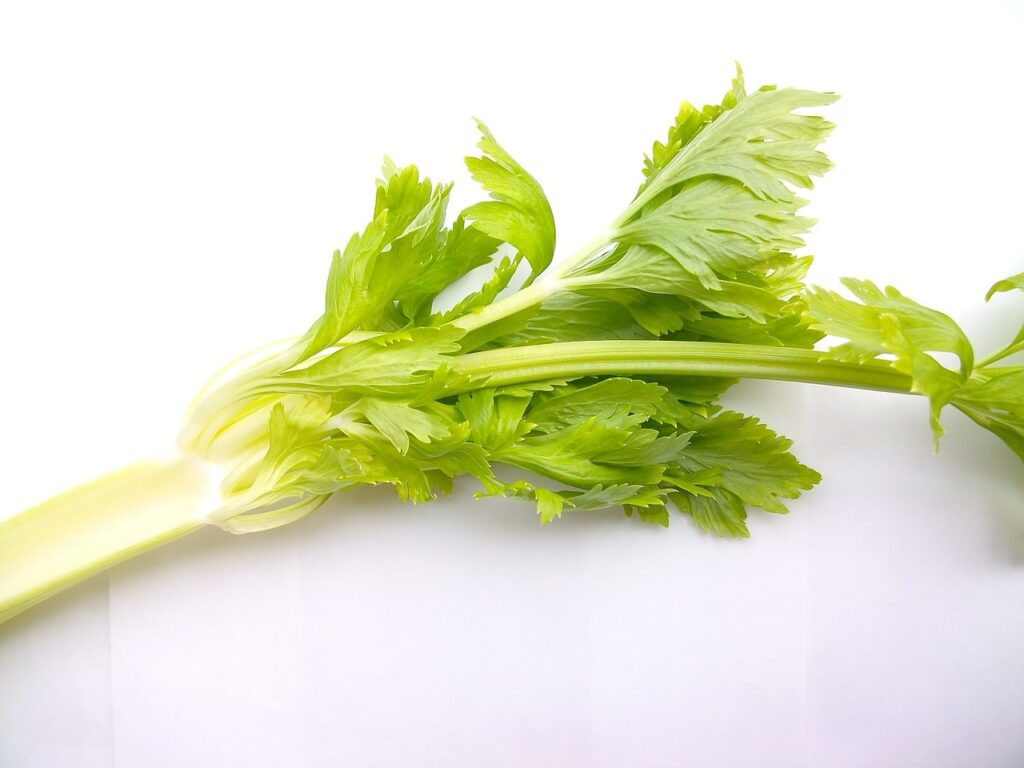
Is Celery Safe for Russian Tortoises?
It is perfectly safe for Russian tortoises! However, it should be fed sparingly, and you should aim to mix the celery with other leafy greens. The leaves are more nutritious than the actual stalks of celery, but both components have high amounts of valuable fiber.
Russian tortoises do best on a diet with different fruits, vegetables, a small fraction of insects, and Russian tortoise commercial pellets.
Tortoise Nutrition Info
Tortoises are primarily considered herbivores, though some species may have a slight omnivore bias. Depending on the species, they eat a diet of plants, insects, and calcium sources. The diet varies depending on the species of tortoise you are keeping, and it is important to determine the type of tortoise you have before you begin feeding them certain foods.
- Fruits: Berries, kiwi, oranges, apples, mango, and non-citrus fruits.
- Vegetables: Lettuce, zucchini, kale, dandelions, mustard greens, collard greens, salad mixes, cucumber, and more.
- Commercial pellets: These are available for herbivore or omnivore tortoises.
- Insects: Make up a small portion of tortoises’ diets. Herbivore tortoises should not eat meat-based foods.
- Calcium: Every tortoise requires a good source of calcium. This can be in the form of reptile calcium powders, scraped cuttlebone, or liquid supplements.

Types of Tortoises That Can Eat Celery
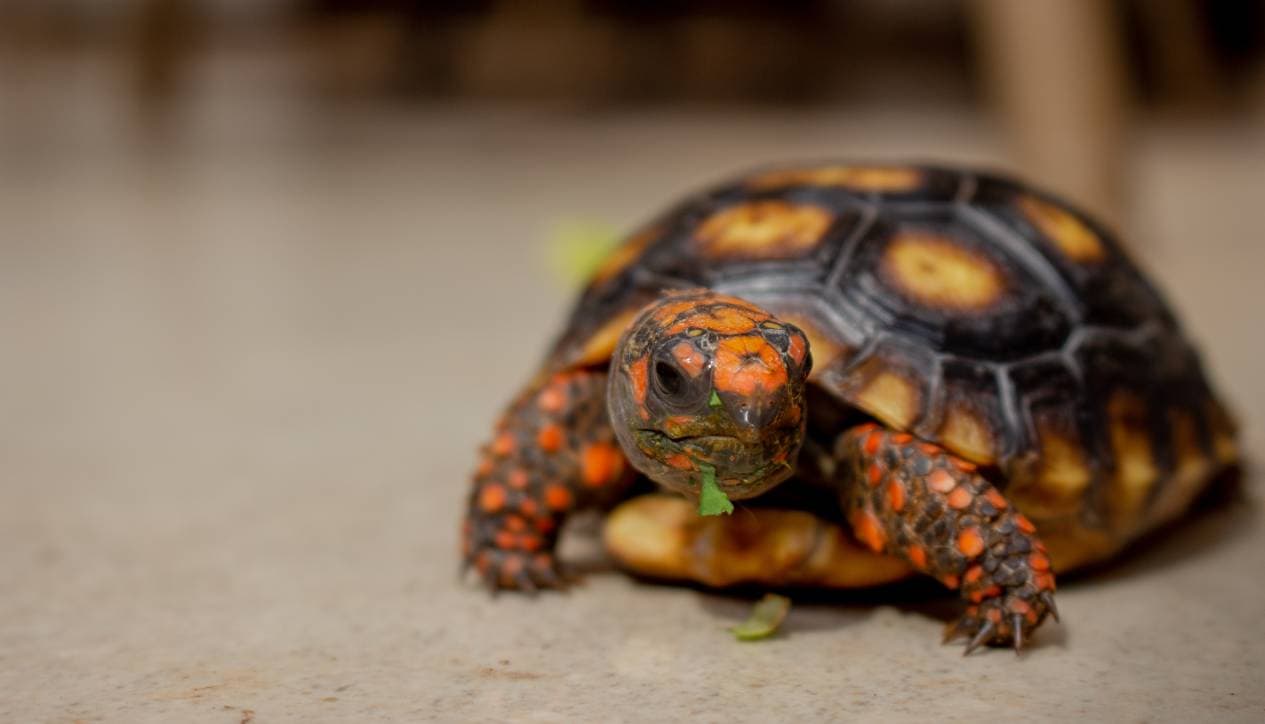
All species of tortoises can eat celery. However, not every tortoise will take a liking to it. You can try to feed it on its own to see if your tortoise will eat it; otherwise, they will most likely only eat it if it’s chopped up into their daily salads.
It is important to know that some species of tortoises should not be fed too many vegetables, as it is not the main aspect of their diet. In addition, your tortoise’s age and health status may also call for a different dietary regimen for them. As such, we strongly encourage reaching out to your veterinarian to formulate a meal plan that’s most appropriate for your pet.
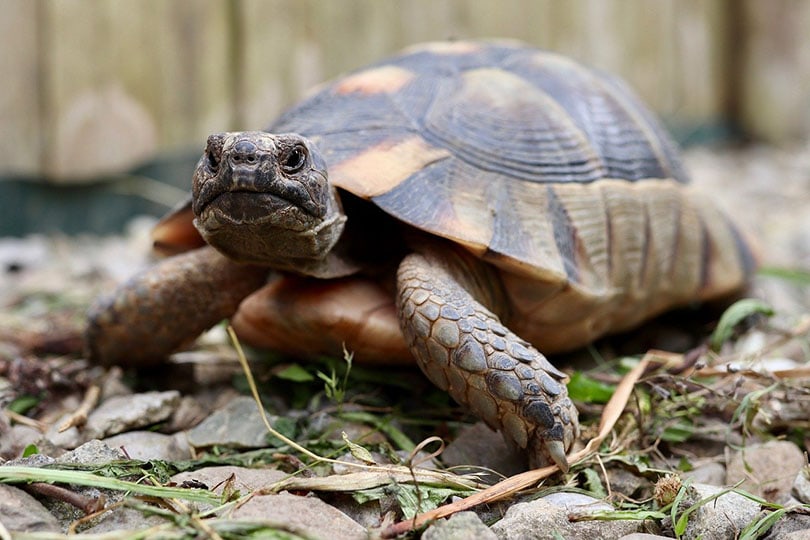
How to Prepare Celery for Tortoises
Celery can be prepared at home so your tortoise can safely eat it. The celery should be purchased (ideally from an organic store, though regular supermarket celery is also acceptable) and not picked from a garden or unknown outdoor area, as it can potentially contain harmful additives. These can be animal urine, pesticides, herbicides, or other chemicals.
- All celery should be thoroughly washed under warm water before being fed to your tortoise. This helps remove any residue or dust.
- Consider momentarily heating the celery in hot water to soften it and make it easier for the tortoise to eat. This does not have to be done to the leaves and soft parts of the vegetable.
- Chop, slice, or dice the celery into pieces manageable for your tortoise.
- Optional: Sprinkle some calcium powder over it so the sticky celery can hold the powder without it falling off. This can be skipped if you’ve offered your tortoise other sources of calcium.
- Mix the celery with other fresh fruits and veggies that are safe for your tortoise.


Conclusion
Celery can make a good snack for many species of tortoises. If it’s fed alongside a healthy diet, your tortoise can benefit from the nutrients and fiber that celery contains.
If you want to be extra careful, it is best to consult a reptile veterinarian before feeding celery to your tortoise. You can also get direct portion sizes according to the weight and age of your tortoise.
Related Topics:
Featured Image Credit: McJapid, Pixabay
